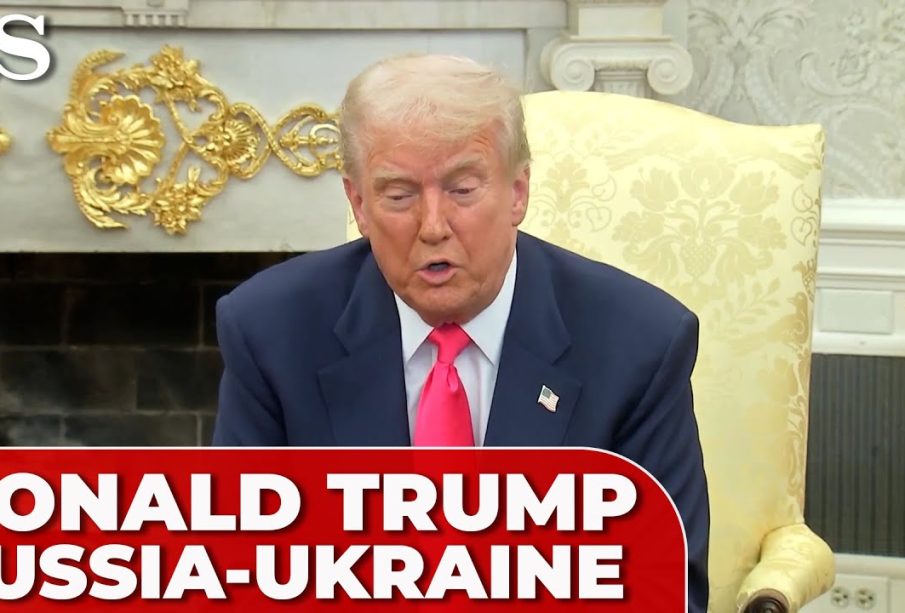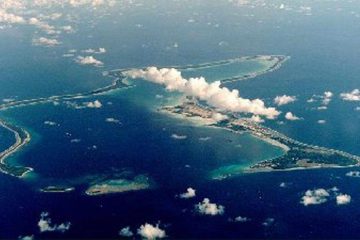Latest Developments on Ukraine Russia Ceasefire Negotiations

Introduction
The ongoing conflict between Ukraine and Russia has captured global attention, prompting numerous calls for a ceasefire to alleviate the humanitarian crisis and halt further escalation. The importance of a ceasefire goes beyond immediate peace, focusing on the long-term stability of Europe and the region’s geopolitical dynamics. As both nations struggle with economic strains and rising casualties, the need for a resolution has become increasingly pressing.
Current Situation
Recent months have seen intensified fighting, particularly in the Donetsk and Luhansk regions. According to the United Nations, the conflict has led to thousands of civilian casualties and over 7 million Ukrainians displaced from their homes. As of late September 2023, renewed discussions for a ceasefire have emerged, spurred by international pressure from both allies of Ukraine and neutral parties interested in mediating the situation.
The United States, the European Union, and various organisations have openly advocated for peace talks. A recent diplomatic meeting in Kyiv included representatives from NATO, who discussed the potential frameworks for a ceasefire and the necessary conditions that would make peaceful negotiations viable. Ukrainian President Volodymyr Zelensky has expressed a willingness to engage in dialogue under specific conditions, including the withdrawal of Russian forces and respect for Ukraine’s territorial sovereignty.
Challenges to Ceasefire Efforts
Despite these discussions, serious challenges remain. Russia continues to assert its claims over the territories it has gained control of since the conflict began in 2014, which complicates prospects for any ceasefire agreement. Additionally, internal divisions within both countries could present obstacles; hardliners on both sides remain opposed to any compromise that could be seen as a sign of weakness.
International Responses
International responses have included sanctions against Russia by the West, aimed at applying economic pressure to cease hostilities. Some analysts suggest that a sustainable ceasefire may depend on these sanctions leading to substantive changes in Russian policy or leadership decisions. Additionally, nations like China have offered to mediate discussions but have faced scepticism regarding their neutrality in the conflict.
Conclusion
In conclusion, while the prospect of a Ukraine Russia ceasefire remains uncertain, recent developments indicate a growing consensus on the necessity of dialogue to alleviate human suffering and restore peace in the region. The road ahead is fraught with complexities, but the importance of these negotiations cannot be overstated. For readers, staying informed on this issue is essential, as the consequences of either a continued conflict or a successful ceasefire will greatly impact international relations and global security beyond Eastern Europe.









